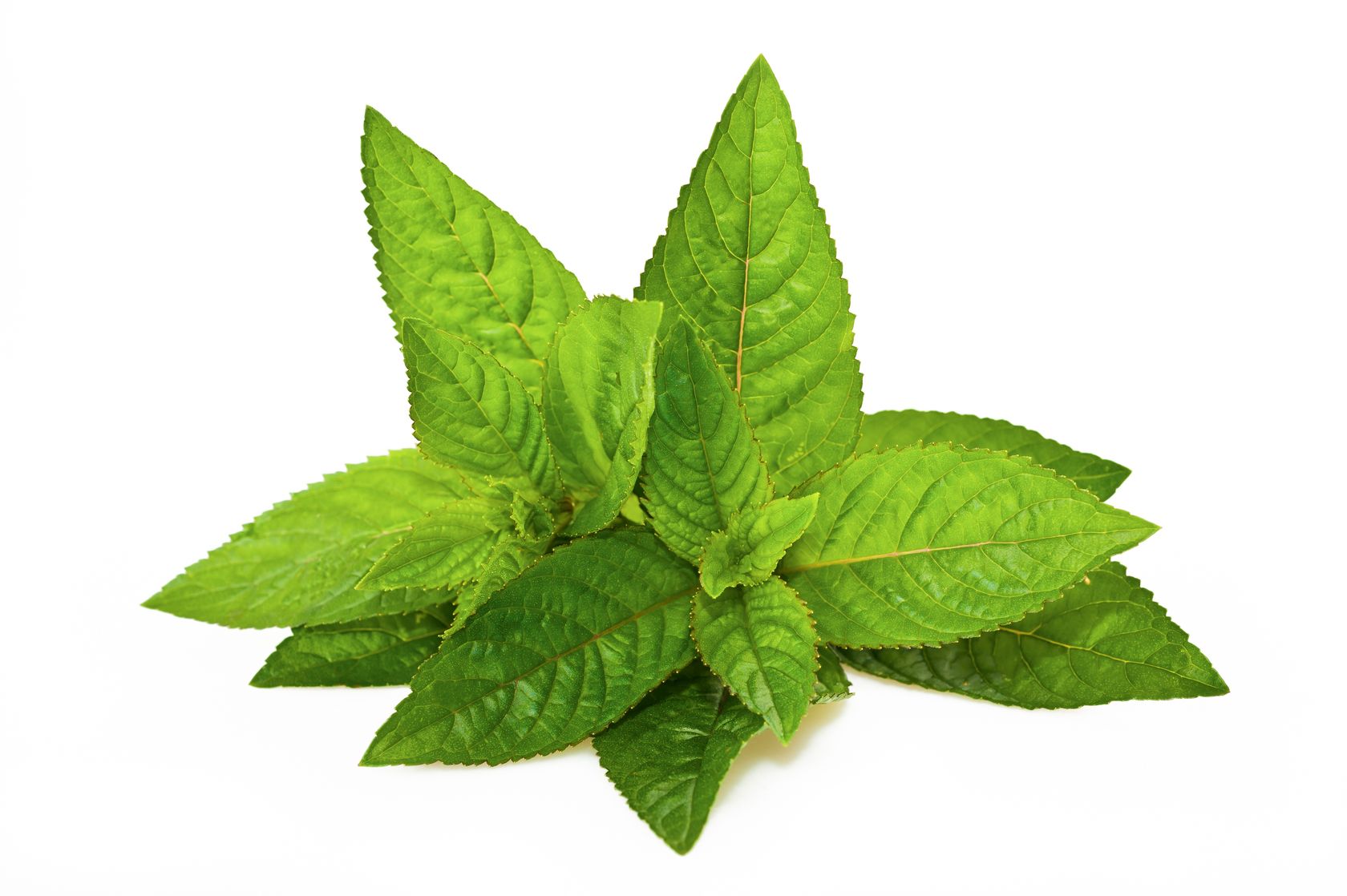Antimicrobial Technology Platforms for Protection
Such technology includes basic but very effective measures: refrigeration of food (to avoid microbial growth during storage), cooking of food (to kill potential food poisoning organisms), hand washing (to avoid transmitting disease-causing bacteria from one person to another), and ventilation and heating (to reduce humidity and other conditions favorable to microbial growth). However, such measures are not always sufficient to keep microbes away. You can adhere to good cleaning practices and still experience fungal growth on the ceiling, and you can follow good hygiene practices, nurture your immune system and still pick up an infection.
LIFE antimicrobial technologies have been developed to protect surfaces of consumer and industrial products by helping keep surfaces cleaner. Not as a replacement for good domestic and industrial hygiene and cleaning practices, but as an added level of surface protection. LIFE\’s antimicrobial technologies include antibacterial, antifungal and antialgal ingredients which are incorporated into solid materials such as plastics, polymer materials, coatings, ceramics, paper, and textile fibres, to protect surfaces of products made from such materials for the lifetime of the products. Using such technologies, manufacturers are making carpets that will not smell moldy or prematurely degrade, refrigerator bins that remain cleaner between cleanings, cleaner drinking water tanks liners, and grout that prevents the growth of stain and odor causing fungus.
LIFE antimicrobial technologies are incorporated into the material during the manufacturing stage. Consequently, the active ingredients are always embedded into the product and continuously protect surfaces that come in contact with microorganisms. Even if there are external wear and tear on the product, LIFE antimicrobial technologies are designed to resist abrasion, washing, and exposure to UV radiation and various chemicals. The antimicrobial effect is durable and will typically last for the lifetime of the finished product.
The active ingredients used in LIFE antimicrobial technologies comply with the US Federal Insecticide, Fungicide and Rodenticide Act (FIFRA), which is administered by the Environmental Protection Agency (EPA), with the Biocidal Products Regulation 528/2012 (BPR), which is administered by the European Chemical Agency (ECHA), and with other key regulations around the world. For applications with expected food and drinking water contact, LIFE offers additives in compliance with regulations administered by the US Food and Drug Administration (FDA), and the European Food Safety Agency (EFSA).



